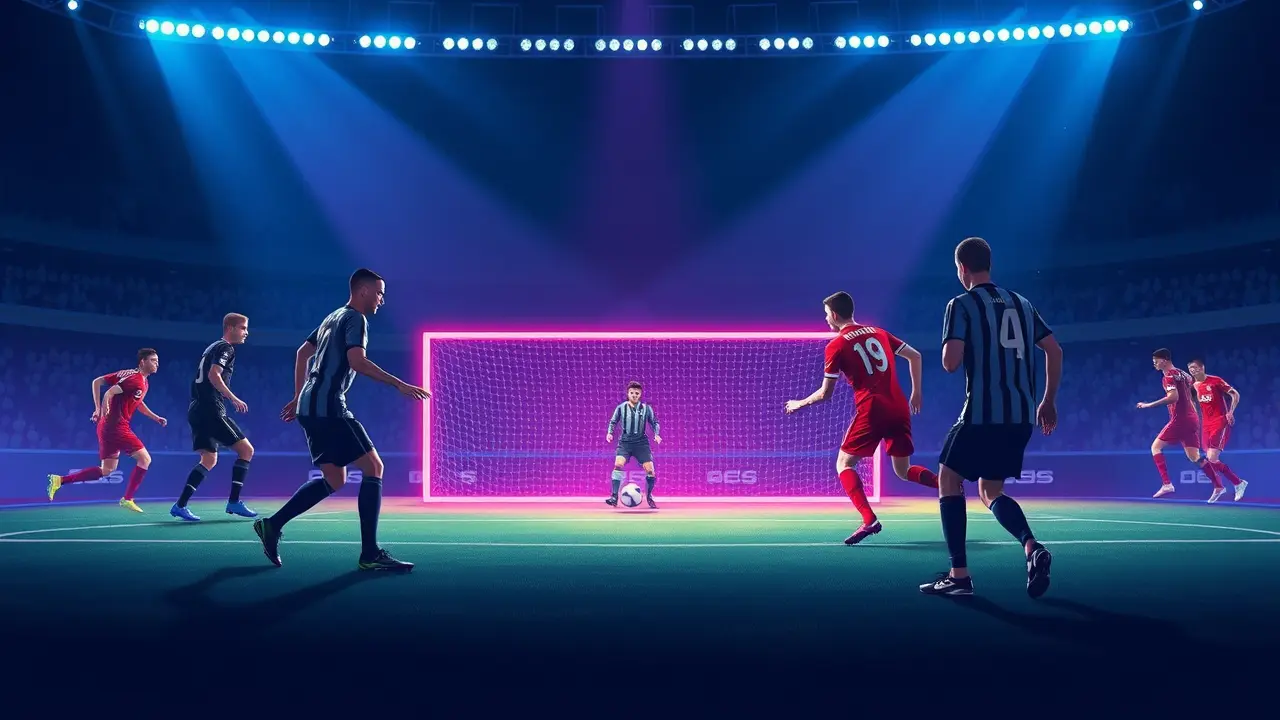ESK Admits VAR Error in Lokomotiv vs Dynamo Penalty Decision
In a stunning admission that has sent shockwaves through Russian football, the Expert Refereeing Committee (ESK) has officially conceded a critical VAR error that directly influenced the outcome of the high-stakes Moscow derby between Lokomotiv and Dynamo. The 'railroaders' edged past the 'army men' in the 11th round of the Mir RPL, with a pivotal penalty converted just before halftime proving the difference-maker after referee Kirill Levnikov pointed to the spot following a VAR intervention.The controversy centered on a tussle in the Dynamo penalty area between defender Juan Caceres and Lokomotiv's forward Alexandr Rudenko, where initial replays suggested a push in the back. However, the ESK's meticulously detailed post-match analysis, delivered in a unanimous verdict from the commission, has completely overturned the on-field narrative, stating unequivocally that 'there was no infringement of the rules by Dynamo's Juan Caceres against Lokomotiv's Alexandr Rudenko, despite contact with the opponent's back with his hands.' The official reasoning delves deeper into the nuance often lost in real-time, elaborating that 'this contact did not affect the attacking player's ability to continue his movement, and his subsequent fall was not a consequence of this particular impact. ' The core of the failure, as laid bare by the ESK, lies not with the on-field official but with the VAR system itself, which 'erroneously prepared a camera angle for the referee's review.It failed to utilize the optimal replay that would have allowed for a correct assessment of the intensity and force of the defender's challenge on the attacker. ' This is a catastrophic operational blunder, akin to a midfielder missing an open goal; the technology designed to eliminate such subjective errors instead became the primary agent of injustice.This incident cannot be viewed in isolation but must be analyzed through the lens of VAR's turbulent introduction and implementation globally, from the Premier League's constant debates over subjective interpretations to Serie A's own teething problems. For Dynamo, a historic club with a rich legacy, this official vindication is a hollow consolation, as the lost points in a fiercely competitive title race are irrevocable, a scenario reminiscent of when a dubious handball call cost Barcelona a crucial Clasico.The psychological impact on both squads is profound; Lokomotiv's victory is now tarnished by an asterisk, while Dynamo's players are left with the infuriating 'what if. ' For the referees, particularly Levnikov, who was ultimately presented with misleading evidence, this exposes a critical vulnerability in the VAR protocol—the selection of footage is as important as the footage itself.This case sets a dangerous precedent where the 'eye in the sky' is not only fallible but can be selectively blind, raising fundamental questions about the training and oversight of VAR officials in the booth. Moving forward, the Russian Football Union must mandate the use of multi-angle, synchronous replay systems for every review, ensuring referees are never again dependent on a single, potentially misleading perspective.The beautiful game's integrity hinges on the accuracy of its judgments, and when the technology meant to be its guardian fails so spectacularly, it demands a systemic overhaul, not just an apology. The echoes of this decision will resonate long after the final whistle, forcing a necessary and uncomfortable conversation about the very soul of officiating in the modern era.
JA
Jamie Larson123k2 days ago
wow even the video refs are having an off day, meanwhile i can't even get my wifi to work properly smh
0
